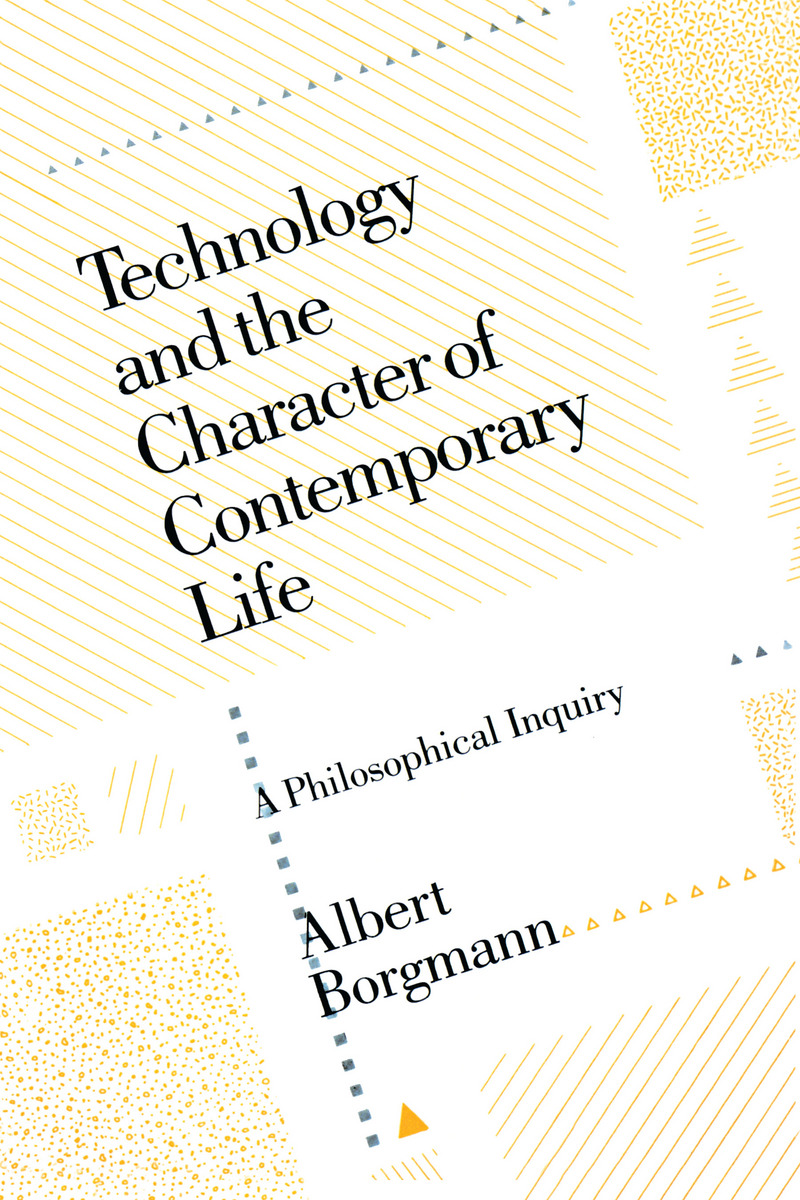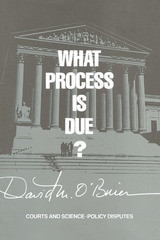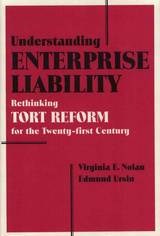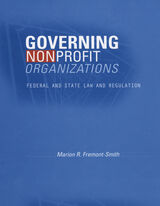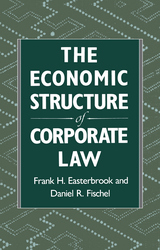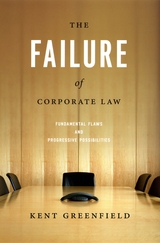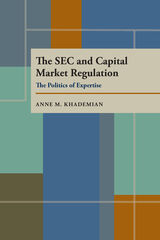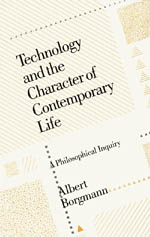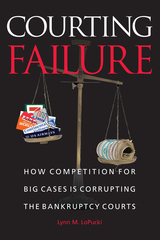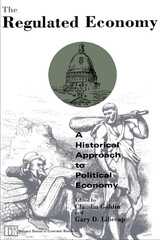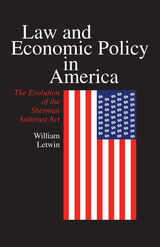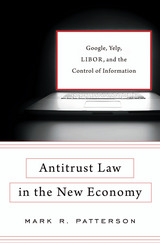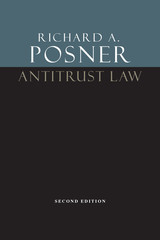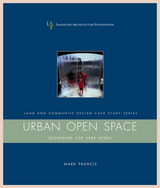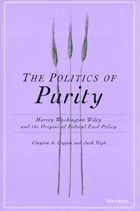Technology and the Character of Contemporary Life: A Philosophical Inquiry
University of Chicago Press, 1987
Paper: 978-0-226-06629-5 | Cloth: 978-0-226-06628-8 | eISBN: 978-0-226-16358-1
Library of Congress Classification KF1507.B36
Dewey Decimal Classification 346.7307805
Paper: 978-0-226-06629-5 | Cloth: 978-0-226-06628-8 | eISBN: 978-0-226-16358-1
Library of Congress Classification KF1507.B36
Dewey Decimal Classification 346.7307805
ABOUT THIS BOOK | AUTHOR BIOGRAPHY | TOC | REQUEST ACCESSIBLE FILE
ABOUT THIS BOOK
Blending social analysis and philosophy, Albert Borgmann maintains that technology creates a controlling pattern in our lives. This pattern, discernible even in such an inconspicuous action as switching on a stereo, has global effects: it sharply divides life into labor and leisure, it sustains the industrial democracies, and it fosters the view that the earth itself is a technological device. He argues that technology has served us as well in conquering hunger and disease, but that when we turn to it for richer experiences, it leads instead to a life dominated by effortless and thoughtless consumption. Borgmann does not reject technology but calls for public conversation about the nature of the good life. He counsels us to make room in a technological age for matters of ultimate concern—things and practices that engage us in their own right.
See other books on: Bankruptcy | Borgmann, Albert | Character | Periodicals | Philosophical Inquiry
See other titles from University of Chicago Press
